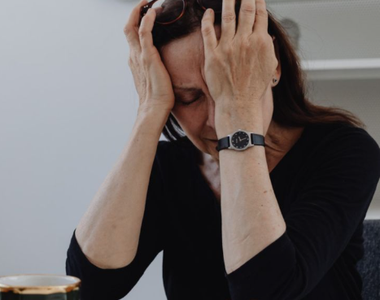
Many people who are vaccinated against Covid-19 are experiencing side effects in one form or another - some have a mild fever, others have headaches, some may experience nausea or feel tired.
As you may have read , health experts say these reactions are expected and show that the immune system is doing its job and learning how to fight the coronavirus. But those who have no side effects naturally ask: Is their immune system functioning properly?
"Even if you do not have side effects after vaccination, it is very likely that your body still has a good protective response," said Dr. Chris Thompson, an immunologist and associate professor of biology in the biology department at Loyola University in Maryland.
As vaccines began to spread, the public was concerned about side effects - which influenced medical and health leaders to help people understand that side effects were the body's natural response to vaccination, Brian Castrucci, an epidemiologist and president of public health nonprofit Beaumont Foundation. So, in other words, the information of public health experts, often did not address what the lack of side effects meant.
However, although side effects like muscle aches, fever or fatigue are signs that the immune system is functioning, the lack of side effects does not mean the vaccine is not working. In the clinical trials of Pfizer and Moderna, a significant proportion of participants had no side effects, however they were protected against coronavirus.
"When we look at the trial data, a little over half of the participants had no side effects, but they were still more than 90% protected after receiving the vaccine," Castrucci said.
He stressed that some people will have side effects, but most will not. "Either way, you will be protected from the virus," he added. Human immune systems react in different ways; some have a greater physical response to vaccination.
Dr. Chris Thompson told Healthline that a person's response to vaccination "really depends on innate changes in the biochemical composition, environment and personal history of each person."






